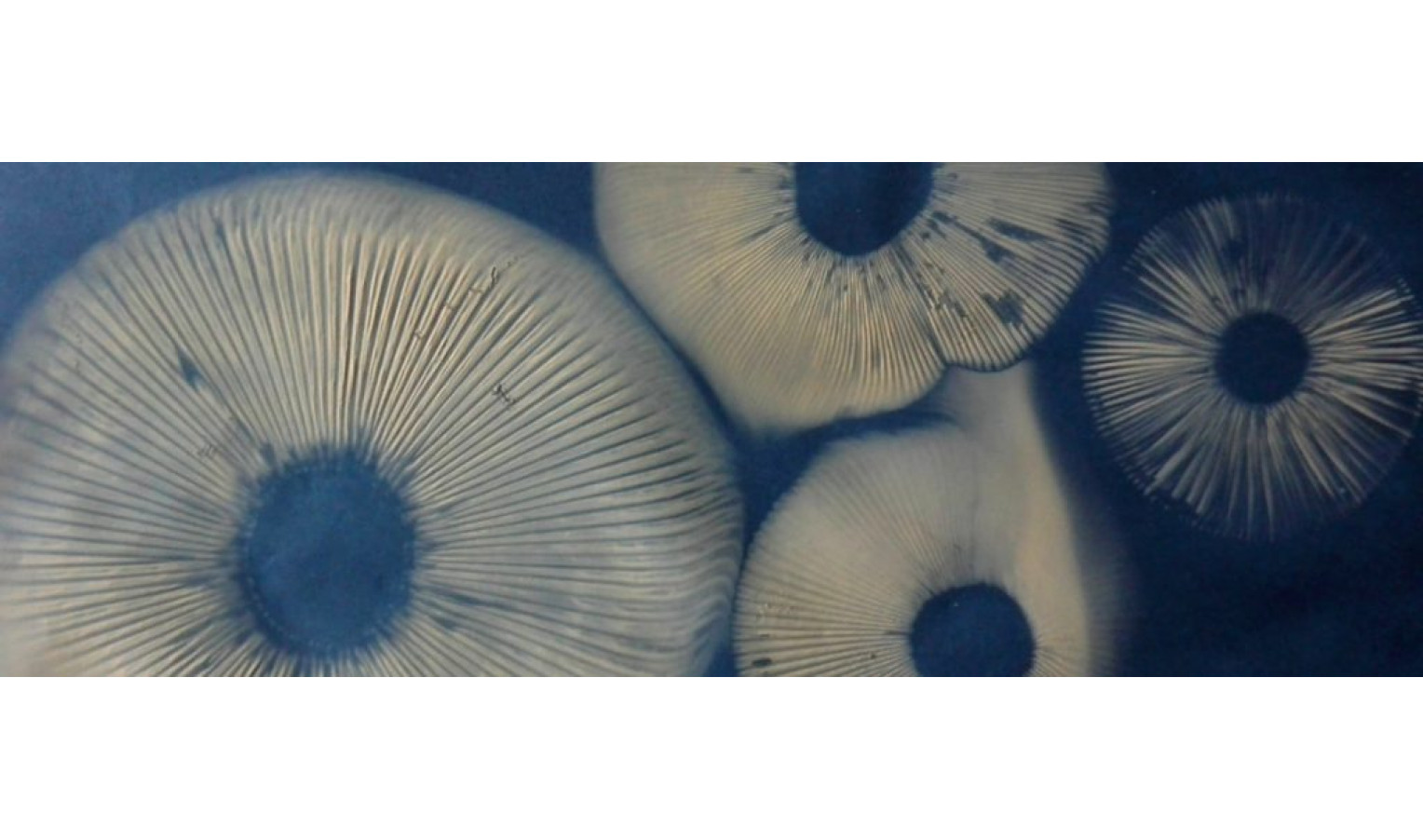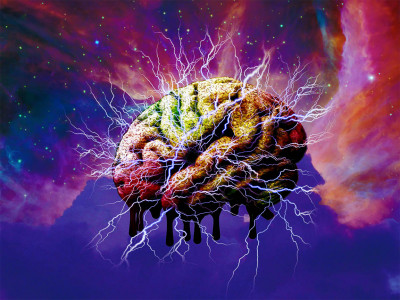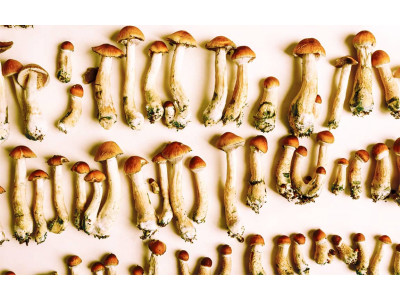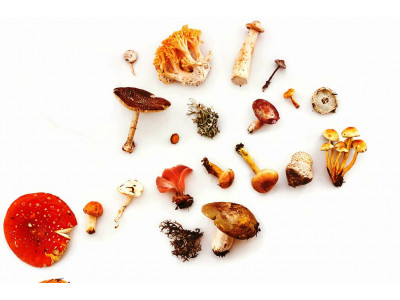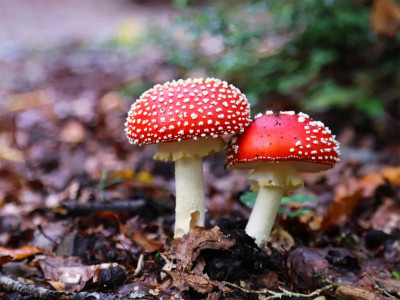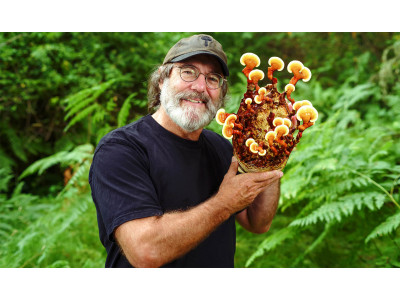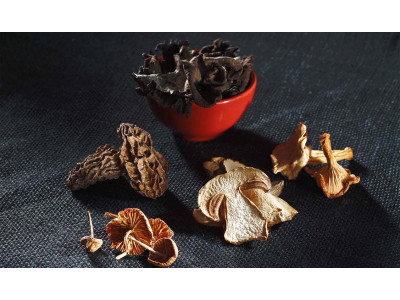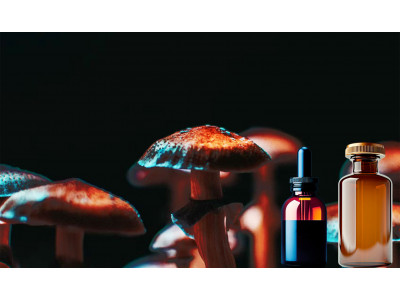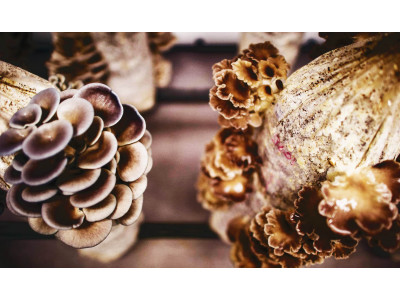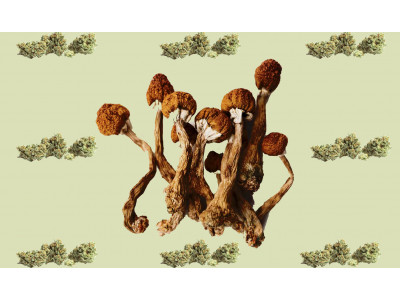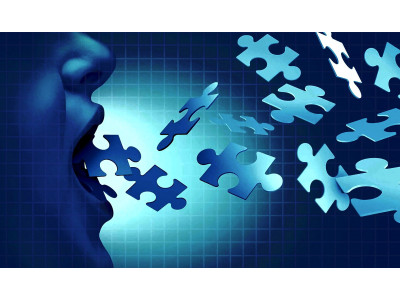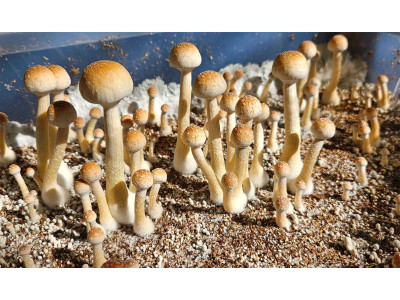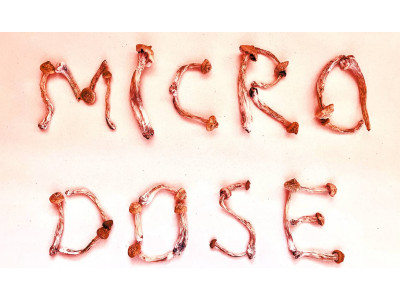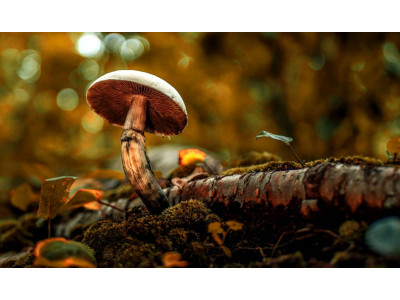Psilocybin-containing mushrooms are of interest to many people, and their psychoactive properties and potential medical applications have become a topic of discussion. But what is the legal status of these mushrooms? In this article, we will analyze all aspects of the legal status of spore mushrooms in Ukraine and consider why they arouse such interest.
Contents
1. Introduction
2. Potential medical benefits
3. Legal status in Ukraine
4. Global trends and legislation
5. Conclusion
Introduction
Psilocybin mushrooms, also known as "magic mushrooms," contain psilocybin, a psychoactive substance that can cause profound changes in consciousness, mood, and perception. Because of this, they have piqued the interest of both the scientific community and psychoactive substance enthusiasts. The use of psilocybin mushrooms has a long history in various cultures. Some ancient rites and rituals included the use of these mushrooms for spiritual expansion and gaining new insights. The use of mushrooms in magical rituals is known to have been recorded more than 3,000 years ago. These mushrooms have had a significant impact on various aspects of culture, including art, music and philosophy.
Potential medical benefits
Modern research has shown that psilocybin may have potential medical applications. It can help with anxiety disorders, depression, and can even help people cope with addiction and reduce mental health problems in people with PTSD.
Legal status of spore prints in Ukraine
Currently in Ukraine, psilocybin mushroom fruiting bodies and mycelium are prohibited for distribution due to the fact that they contain psilocybin and psilocin (the main alkaloids of psilocybin mushrooms). These alkaloids are listed as Schedule 2 "Particularly Dangerous Psychotropic Substances". Spore prints are microscopic structures of mushrooms that contain genetic information. Unlike other parts of the mushroom, they do not contain psilocybin and have no psychoactive properties. This is precisely why spore prints remain authorized. The situation is similar to cannabis seeds, which do not contain THC and are therefore authorized for distribution.
Global trends and legislation
Global legislation regarding psilocybin mushrooms is diverse. In some countries they are banned outright, in others they are only authorized for medical research. With growing interest in the potential medicinal properties of psilocybin, some countries are beginning to revise their legislation regarding these mushrooms. For example, in Canada, scientists are researching the latest way to use psilocybin for psychotherapy. In the United States, psilocybin mushrooms are legal in the state of Oregon. In 2020, Oregonians voted to legalize psilocybin treatment centers, and by the end of 2023, all adults over the age of 21 will be able to legally receive psilocybin therapy. Psilocybin truffles are also legal in the Netherlands. Brazil tops the list of countries where psychedelics are legal. While psilocybin mushrooms are mostly legal in Brazil, their sale remains almost entirely in the unofficial market, but this will soon change Attitudes towards psilocybin mushrooms are varied. Some see them as more empowering, while others fear potential abuse and unknown effects. For those who do decide to use psilocybin mushrooms, it is important to follow safety precautions and be aware of the potential risks.
Conclusion
The legal status of psilocybin mushrooms remains a complex and relevant topic. Their potential as a medical tool requires more research, and public opinion continues to evolve and change. As new research and evidence of the efficacy of psychedelics emerges, society is revising its hardened view that they are a scary drug that makes people go crazy.

